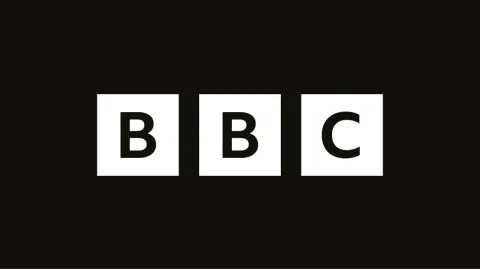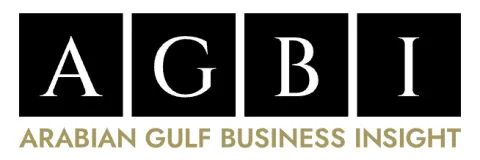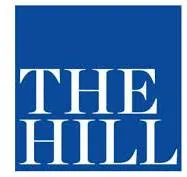Press
Read the latest news and commentary from the German Marshall Fund.
For press inquiries, please contact us by email at [email protected]. Or contact the press officers directly:
Angelina Sutalo, Senior Press Officer in Brussels at +32 486 514 479 or [email protected].
Lucy Fyler, Senior Communications Manager in Washington at +1 202 213 8574 or [email protected].
For press inquiries, please contact us by email at [email protected]. Or contact the press officers directly:
Angelina Sutalo, Senior Press Officer in Brussels at +32 486 514 479 or [email protected].
Lucy Fyler, Senior Communications Manager in Washington at +1 202 213 8574 or [email protected].
The Latest
Search
In the News
Image
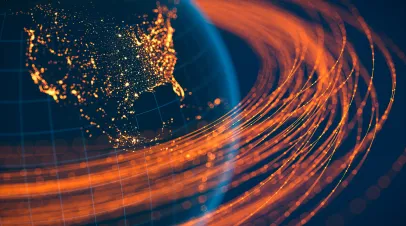
November 19, 2024
The German Marshall Fund of the United States (GMF) convened two workshops in 2024 as part of its European Cyber Agora workstream “AI, Transatlantic...
Image
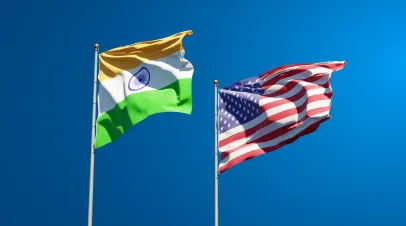
October 23, 2024
The United States recognizes India as a key geopolitical partner. New Delhi does not want that to change....

